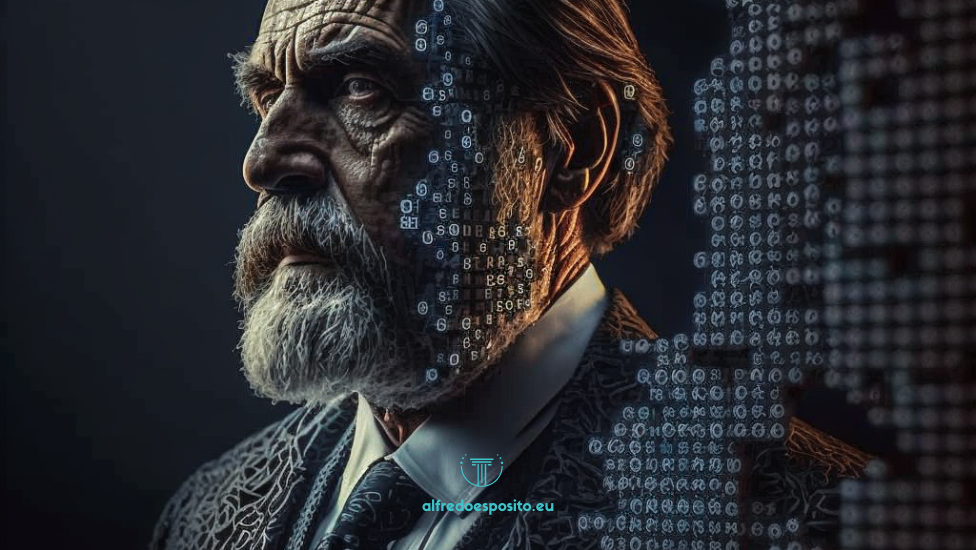
What is a blockchain?
“What is a blockchain?” I heard this question a lot recently.
A blockchain is a type of distributed ledger or decentralized database that is used to record transactions and other data.
It is a digital system that is based on the principles of cryptography and mathematics, and allows multiple parties to securely and transparently record, verify, and share data without the need for a central authority or intermediary.
Each blockchain is made up of a series of blocks, which are individual units of data that are cryptographically linked and stored in a linear, chronological order.
Each block contains a specific set of data, such as a transaction or other information, and is verified and added to the blockchain by a network of participating nodes or computers.
The decentralized and secure nature of blockchain technology makes it well-suited for a wide range of applications, including financial transactions, supply chain management, and the creation and management of digital assets.
How can blockchain improve our life?
Blockchain technology has the potential to improve many aspects of our lives by providing a secure and transparent way to record, verify, and share data. Some of the ways that blockchain technology could improve our lives include:
- Improved financial inclusion: Blockchain technology could make it easier for people in underserved communities to access financial services, such as banking, loans, and insurance. By enabling the creation of digital currencies and other financial instruments, blockchain technology could help to reduce the cost and complexity of financial transactions, making them more accessible to a wider range of people.
- Enhanced security and privacy: Blockchain technology uses advanced cryptography to ensure the security and privacy of data. By allowing individuals and organizations to control their own data and assets, blockchain technology could help to protect against cyber attacks and other forms of data theft or fraud.
- Greater transparency and accountability: Blockchain technology is transparent and immutable, meaning that data stored on a blockchain cannot be easily altered or deleted. This could make it easier for organizations and governments to track and verify transactions and other data, improving transparency and accountability.
- Improved supply chain management: Blockchain technology could be used to track the movement of goods and materials through the supply chain, providing greater visibility and transparency into the origins and provenance of products. This could help to improve the efficiency and sustainability of supply chain operations, and could help to prevent counterfeiting and other forms of fraud.
- Enhanced data sharing and collaboration: Blockchain technology could enable greater collaboration and data sharing among individuals, organizations, and governments. By providing a secure and decentralized platform for storing and sharing data, blockchain technology could help to break down barriers and foster greater collaboration and innovation.
Overall, blockchain technology has the potential to improve many aspects of our lives, as it probably already did in the last few years!
Would you like to learn more about the blockchain and its legal implications? Schedule a call with Avvocato Alfredo Esposito


